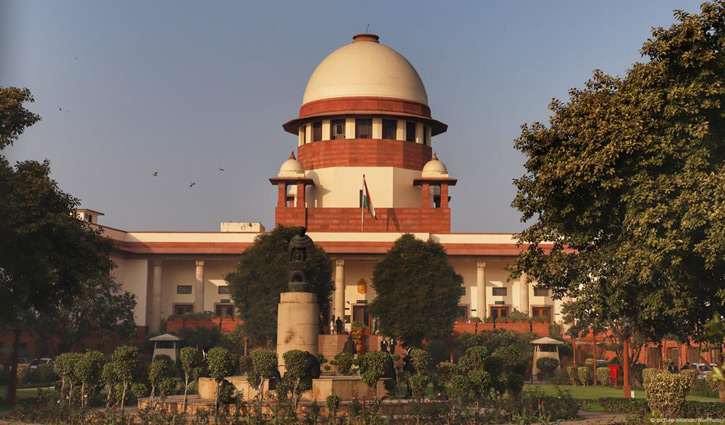The Indian central government has announced the suspension of the implementation of the amended Waqf Act 2025, bringing relief to the Muslim community across the country. The decision comes in response to widespread protests, political opposition, and multiple legal challenges in the Supreme Court.
Background of the Act
The Waqf (Amendment) Act 2025, passed in Parliament earlier this year, introduced significant changes to the existing Waqf Act of 1995. Key amendments included the inclusion of non-Muslim members in the central and state Waqf boards, provisions for Muslim women’s representation, and granting district administrations greater authority in determining ownership of disputed Waqf properties. The government claimed these reforms aimed to promote transparency and accountability within the Waqf system.
Protests and Opposition
Since its passage, the amended Act faced intense backlash from several prominent Muslim organizations, including the All India Muslim Personal Law Board (AIMPLB), Jamiat Ulema-e-Hind, and Darul Uloom Deoband. These groups argued that the law infringes upon the religious rights of Muslims and violates Articles 25 and 26 of the Indian Constitution.
AIMPLB President Maulana Khalid Saifullah Rahmani described the law as a “matter of life and death” for Muslims and called for widespread resistance against it.
Political Response
Opposition parties including the Congress, DMK, Trinamool Congress, and AIMIM voiced strong opposition to the bill. Trinamool Congress leader Mamata Banerjee declared that the law would be nullified if the BJP-led government was removed from power .DMK and Congress MP Imran Pratapgarhi challenged the validity of the Act in the Supreme Court, further intensifying the legal battle against the legislation.
Announcement of Suspension
Facing mounting legal pressure and social unrest, the government declared that the implementation of the Waqf (Amendment) Act 2025 would be suspended until further review. Officials stated that more consultations and revisions were necessary before proceeding with enforcement.
This move has been welcomed by Muslim groups and opposition leaders alike, who see it as a positive step towards protecting minority rights.
What Lies Ahead
Although the Act is currently on hold, its future remains uncertain. If the government reconsiders its position, a collaborative approach involving consultation with all stakeholders could lead to a more acceptable and inclusive version of the law. This would help uphold India’s secular values and constitutional principles.
The suspension of the amended Waqf Act is being viewed as a significant development in safeguarding the rights of religious minorities in India. However, close monitoring of further legislative actions will be crucial to ensure that the rights and interests of all communities are respected.

